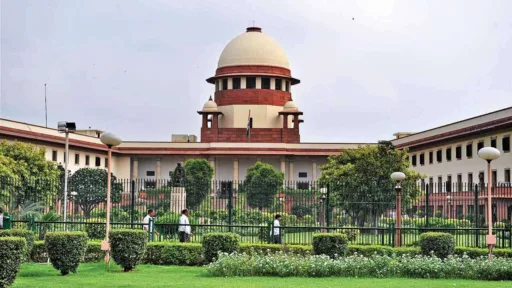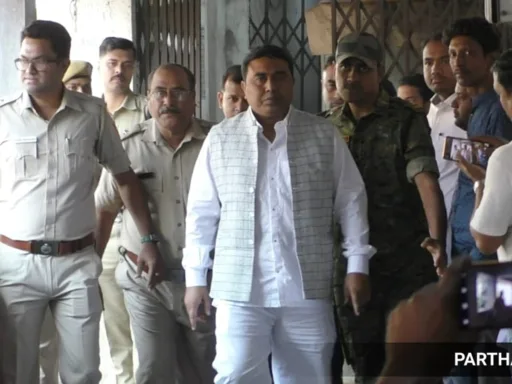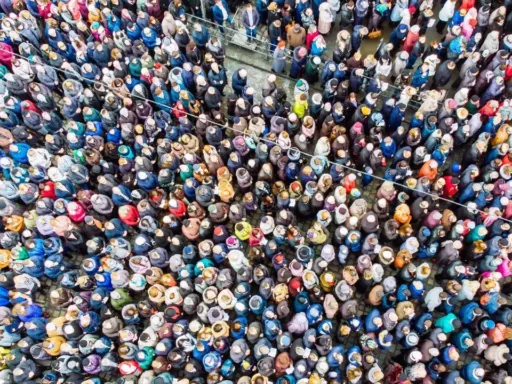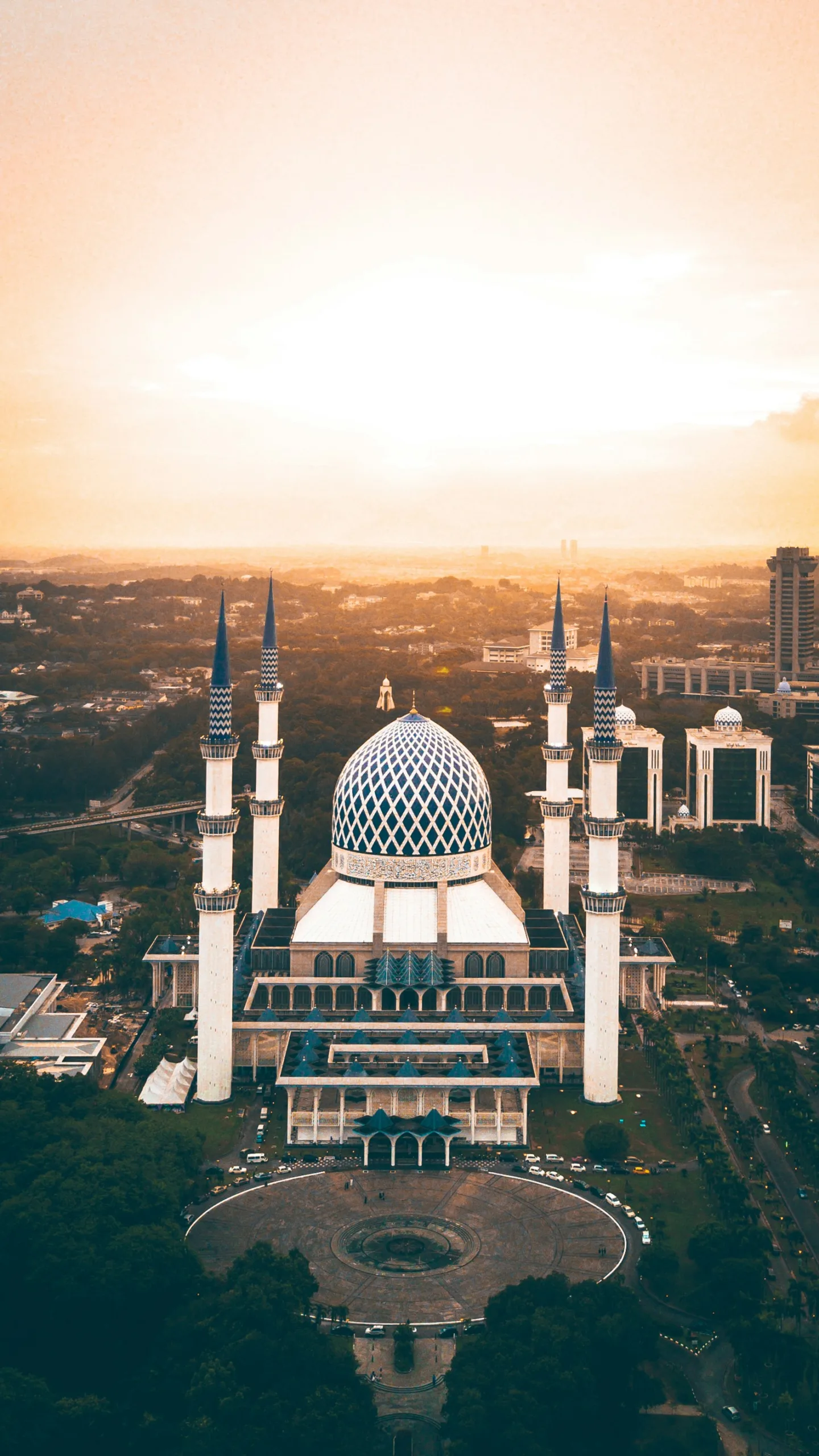Recently, the Supreme Court refused to urgently hear the plea of the Gyanvapi Mosque Committee against an order allowing the performance of a Puja. This decision came after the Muslim side had approached the Supreme Court in the early hours of the morning, at 3 am, to challenge the Varanasi Court’s order.
One significant development in this case is the performance of the aarti at the Gyanvapi cellar after a gap of 31 years. The path leading to the ‘Tehkhana’, where the grand Nandi is seated right in front of the Vishwanath Temple, was finally opened at nearly 12:00 am.
For many devotees, the aarti at the Gyanvapi cellar holds immense significance. It is a moment of deep spiritual connection and reverence. After three decades, the opportunity to witness this sacred ritual has brought joy and a sense of fulfillment to the hearts of countless devotees.
As news of the aarti spread, people started gathering outside the Gyanvapi Mosque as early as 3 am, eager to witness this historic event. The atmosphere was filled with anticipation and devotion as devotees patiently waited for the doors to open.
The Gyanvapi Mosque, situated in Varanasi, has been a subject of legal disputes and controversies for many years. The recent court order allowing the performance of Puja inside the mosque premises has further intensified the ongoing legal battle.
The Muslim side, represented by the Gyanvapi Mosque Committee, approached the Supreme Court seeking an urgent hearing to challenge the Varanasi Court’s order. However, the Supreme Court declined to grant an urgent hearing, thereby upholding the lower court’s decision.
This refusal by the Supreme Court to hear the plea urgently has sparked various reactions and debates among legal experts and the public alike. While some argue that the matter requires immediate attention due to its sensitive nature, others believe that the regular legal process should be followed.
It is important to note that the Gyanvapi Mosque holds immense historical and religious significance for both Hindus and Muslims. The mosque is believed to have been constructed by Mughal Emperor Aurangzeb in the 17th century, on the site where the original Vishwanath Temple stood.
The ongoing legal battle over the ownership and control of the Gyanvapi Mosque has deep-rooted historical and religious implications. It represents the complex interplay between faith, history, and legal rights.
While the Supreme Court’s decision not to urgently hear the Gyanvapi Mosque Committee’s plea may have disappointed some, it is essential to respect the legal process and the authority of the judiciary. The matter will continue to be heard in due course, allowing all parties involved to present their arguments and evidence.
As the legal battle unfolds, it is crucial for all stakeholders to maintain peace, harmony, and respect for each other’s religious sentiments. The Gyanvapi Mosque case serves as a reminder of the need for dialogue, understanding, and empathy in resolving complex and sensitive issues.
In conclusion, the Supreme Court’s refusal to urgently hear the Gyanvapi Mosque Committee’s plea against the order allowing Puja inside the mosque premises has further heightened the legal battle over the Gyanvapi Mosque. The recent performance of the aarti at the Gyanvapi cellar after 31 years has brought immense joy and spiritual fulfillment to devotees. As the legal proceedings continue, it is crucial for all parties involved to approach the matter with respect, understanding, and a commitment to finding a peaceful resolution.






